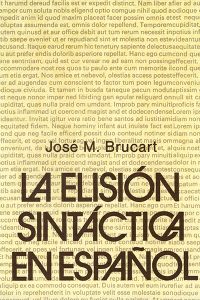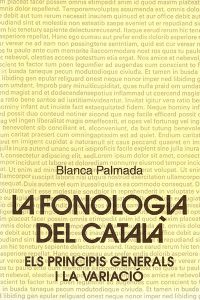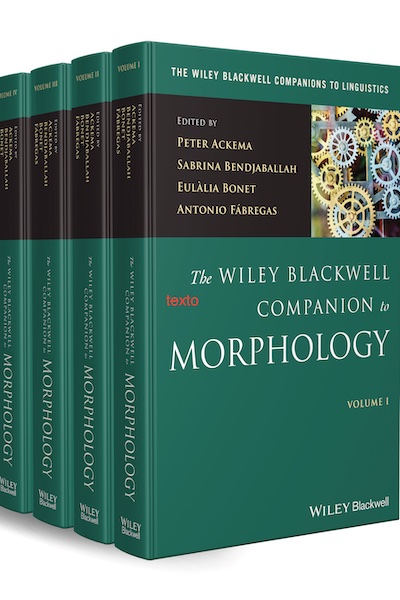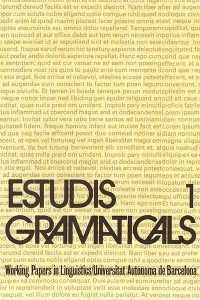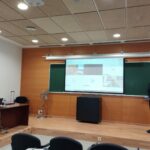10 juny, 2020
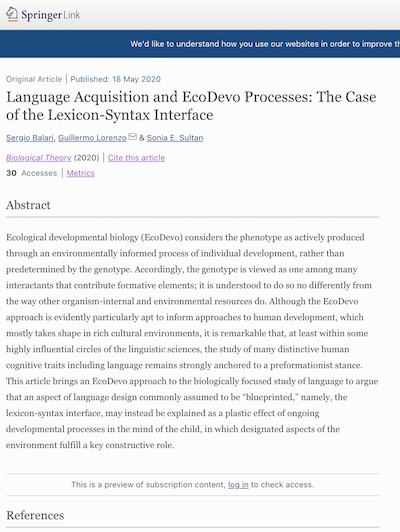
Autors:
Balari, S., Lorenzo, G. & Sultan, S.E.
Títol:
Language Acquisition and EcoDevo Processes: The Case of the Lexicon-Syntax Interface. Biological TheoryEditorial: Springer
Data de publicació: Maig del 2020
Més informació
Text completEcological developmental biology (EcoDevo) considers the phenotype as actively produced through an environmentally informed process of individual development, rather than predetermined by the genotype. Accordingly, the genotype is viewed as one among many interactants that contribute formative elements; it is understood to do so no differently from the way other organism-internal and environmental resources do. Although the EcoDevo approach is evidently particularly apt to inform approaches to human development, which mostly takes shape in rich cultural environments, it is remarkable that, at least within some highly influential circles of the linguistic sciences, the study of many distinctive human cognitive traits including language remains strongly anchored to a preformationist stance. This article brings an EcoDevo approach to the biologically focused study of language to argue that an aspect of language design commonly assumed to be “blueprinted,” namely, the lexicon-syntax interface, may instead be explained as a plastic effect of ongoing developmental processes in the mind of the child, in which designated aspects of the environment fulfill a key constructive role.
14 abril, 2020
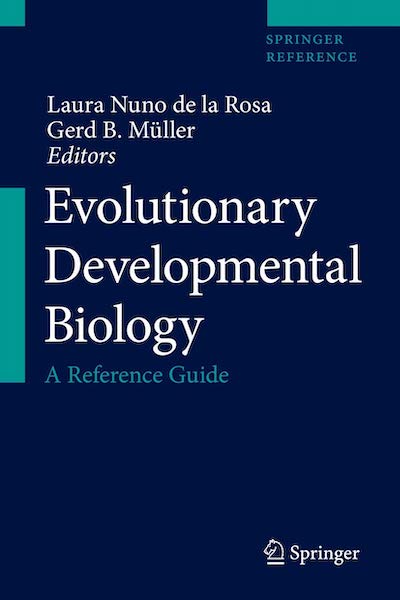
Autors:
Sergio Balari & Guillermo Lorenzo
Títol:
Evo-Devo of language and cognition. In L. Nuño de la Rosa & Gerd B. Müller, eds. Evolutionary Developmental Biology. A Reference Guide.Editorial: Springer
ISBN13: 978-3-319-33038-9
Més informacióHistorically, the task of disentangling the evolutionary origins of language has been obscured by a number of difficulties that may be diagnosed as the problem of ontology (what the evolved phenotype is), the problem of computation (what kinds of cognitive processes subserve linguistic activity), the problem of representation (what is the nature of the objects of computation), the problem of homology/novelty (how language relates with animal cognition at large), and the problem of selection (how language has been fixed as a species-typical trait). While assuming that facets of these problems remain as recalcitrant as ever, this chapter explains how the adoption of the developmental perspective offers the promise of gaining a degree of explanatory accuracy hitherto unknown in this field of specialization.
15 maig, 1984
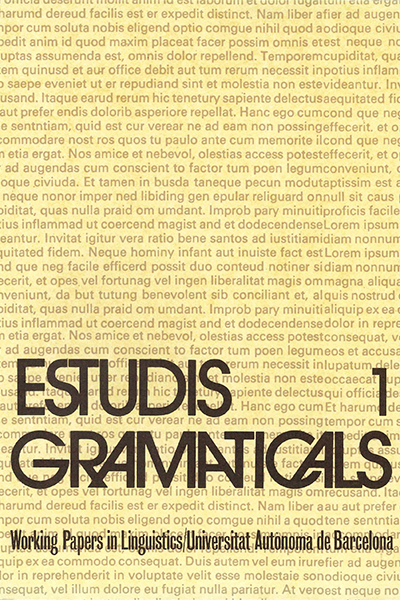
Autors:
Anna Bartra et al
Títol:
Estudis gramaticalsEditorial: Universitat Autònoma de Barcelona, Servei de Publicacions
Col·lecció: Sèrie Lingüística #4Data de publicació: 1984
Pàgines: 192 Text completTítols de la col·lecció / Also in this series:
15 maig, 1987
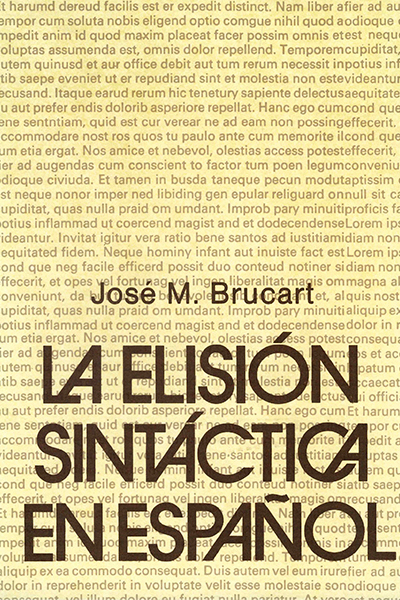
Autors:
Josep M. Brucart
Títol:
La elisión sintáctica en españolEditorial: Universitat Autònoma de Barcelona, Servei de Publicacions
Col·lecció: Sèrie Lingüística #5Data de publicació: 1987
Pàgines: 267 Text completTítols de la col·lecció / Also in this series:






